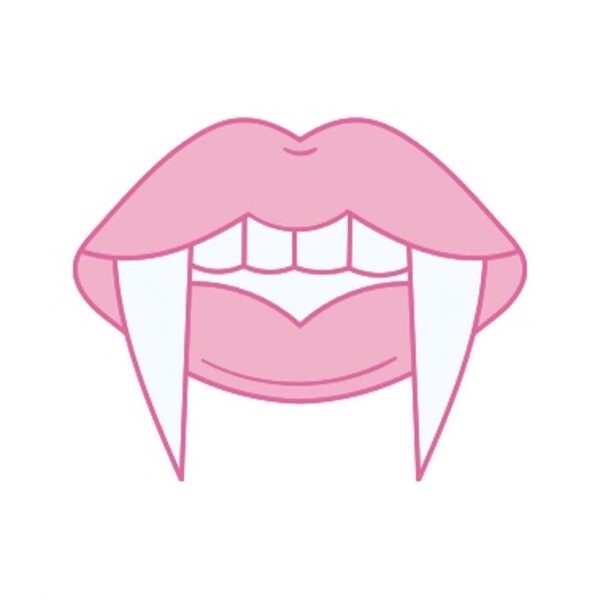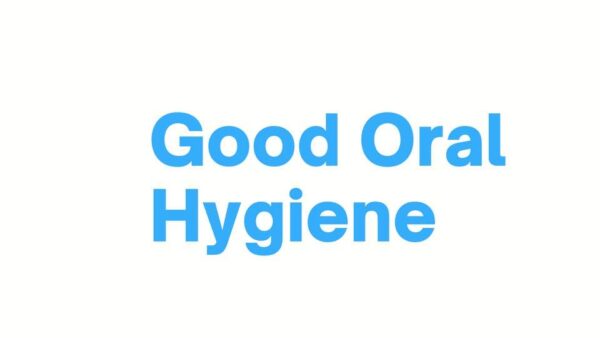How to Remove Plaque from the Teeth
Dental plaque does not look good on the teeth at all. The earlier you get rid of it, the better for you. Studies show that virtually everyone has dental plaque.
It is a sticky film that forms on the teeth due to the reaction between starchy or sugary foods and the bacteria in the mouth.
The best ways to remove dental plaque are to floss and brush your teeth regularly. If you leave the plaque in place, it can harden and form tartar on the teeth.
Read Also: Top 10 Common Habits That Can Damage Your Kidneys
It can lead to tooth loss, gingivitis and cavities. One of the best ways to prevent any of these problems is to ensure a regular dental checkup.
Plaque from the Teeth | How can dental plaque occur?
As mentioned earlier, virtually everyone has dental plaque. You will be more predisposed to it if you fall into any of the categories of people below:
- Take starchy or sugary drinks or foods.
- Have dry mouth consequent of a condition like Sjogren’s syndrome or drug-like antidepressants.
- Smoke
- Have a history of head or neck radiation
Plaque from the Teeth – How to remove it
One of the best ways to remove dental plaque is to engage in regular oral hygiene. It can include flossing and brushing the teeth. If you do this regularly and correctly, it can remove plaque and prevent tartar from building up.
The dentist will scrape off the plaque from your teeth to get the teeth cleaned.
Aside from scraping the teeth, the dentist can also recommend the following:
Dental sealants that can prevent the plaque from forming in the future on the top of the teeth
Wet mouth medications can increase saliva production in the mouth, therefore preventing plaque formation.

Fluoride treatments can slow down the rate of growth of the bacteria responsible for causing plaque formation. It will, therefore, put an end to tooth decay.
Some dentists can even prescribe special toothpaste for you that can prevent bacterial formation. You may also have to use antibacterial mouthwash regularly to prevent bacterial growth in the mouth.
The tips below can help to prevent plaque from forming on your teeth:
- Daily flossing: Make sure you floss your mouth once every day. You can use either water floss or dental floss. It will remove leftover food and bacteria from the mouth.

Brush your teeth twice daily: Ensure you brush your teeth for up to 2 minutes two times daily. It would be best if you only used a soft-bristled toothbrush for this.
Read Also: Health Benefits of Coconut Oil
- Sugarless gum can help: Sugarless gum can stimulate saliva production in the mouth, thereby preventing oral dryness.

- Ensure a healthy diet: Starchy or sugary foods and drinks can complicate your health and promote tartar formation. You should avoid it as much as possible but opt for snacks like fruits, vegetables, cheese, and even yogurt.
- Your dentist can help: You should pay a regular visit to your dentist for an oral checkup. You should do this at least two times a year.
The points mentioned above can help to treat and prevent dental plaque from forming. A visit to the dentist will, of course, not cost you an arm and a leg.
Disclaimer: Any action you take upon the information presented in this article is at your own risk. This article is strictly for informational purposes. The author is not a medical practitioner and as such you should not substitute the information here for professional advice.










